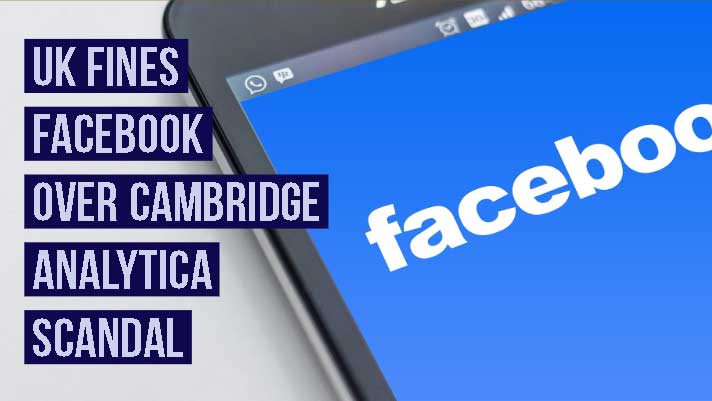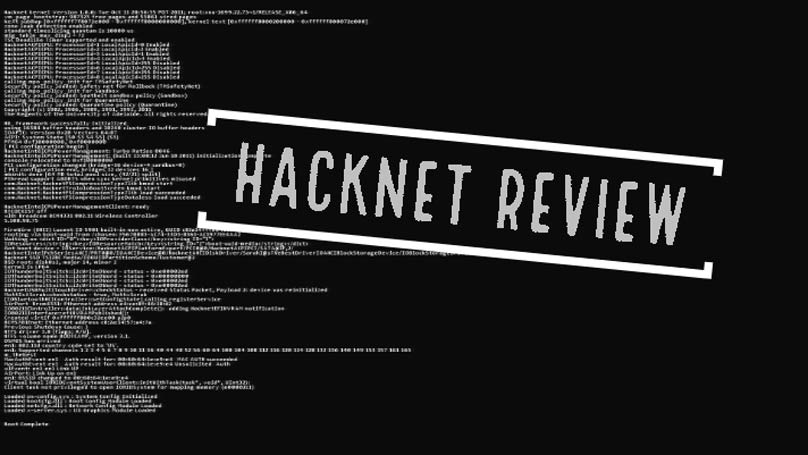BREAKING NEWS
Ad Clicker Disguised as a Google Photos App has been Hosted on Microsoft Store.

Ad Clicker Disguised as a Google Photos App has been Hosted on Microsoft Store.
A malicious app called “Album by Google Photos” was found to be hosted on the Microsoft store. The app was pretending to be part of Google Photos, but was in fact an ad clicker that generates hidden adverts within the Windows 10 Operating System.
The ad clicker app seemed credible to users because of its name, and also the fact it claimed to be created by Google LLC, Google’s actual Microsoft store account is Google Inc, but it looks unsuspecting to users. Microsoft came under some criticism for not realising the app was actually malicious software since the user reviews did highlight that the app was fake, with plenty of 1* reviews. One review states “ My paid Anti-malware solution detected several attempts to download malware by this app. Watch out”. The App was first released on the Microsoft store in May.
What did the application do?
The “Album by Google Photos” app is a Progressive Web Application (PWA), which acts as the front end for Google Photos and includes a legitimate login screen. Hidden in the app bundle is also an ad clicker which runs in the background and generates income for the app developers.
The app connects to ad URLS, and the ads were very similar to what users would see from typical adware, including tech support scams, random chrome extensions, fake flash and java installs and general low-quality sites.
Microsoft haven’t commented how this app managed to pass the Microsoft review process before ending up on the store. This is somewhat concerning since it could mean other malicious apps of a similar nature have flown under the radar and are still infecting user’s computers. We are waiting for Microsoft to comment on the issue.
BREAKING NEWS
UK Fines Facebook over Cambridge Analytica Scandal

UK Fines Facebook over Cambridge Analytica Scandal. The UK has hit Facebook a fine of $645,000 for the Cambridge Analytica Scandal. It was revealed earlier this year that they had harvested the personal data of millions of profiles without the user’s consent and used it for political purposes. It is estimated that 87 million users were affected.
The fine has been enforced by the UK’s Information Commissioner’s Office (ICO) and was calculated using a pre-GDPR formula for data breach fines. Using the UK’s old Data Protection Act to fine Facebook, rather than GDPR they can only give a maximum penalty of £500,000, which is equal to what the social media giant earns every 18 minutes.
GDPR rules dictate a maximum fine of 4% of annual global turnover, which would be $1.6 billion. Unfortunately the the GDPR regulation wasn’t in place when the Cambridge Analytica story broke, coming into force in May 2018.
The UK investigation concluded that Facebook’s APIs had been allowing developers access to users information without them providing proper consent, for a long period of time between 2007 and 2014. Once they realized this loophole existed and patched it up, they did nothing to investigate the data compromised or ensure it was deleted.
[FACEBOOK] should have known better and it should have done better… We considered these contraventions to be so serious we imposed the maximum penalty under the previous legislation. The fine would inevitably have been significantly higher under the GDPR
Information Commissioner Elizabeth Denham said in a statement
Facebook has said they are reviewing the ICO’s findings and stated they “respectfully disagree” with some of the report, but admit they should have done more to protect users data. They also added that they found no evidence that British users profile information was shared with Cambridge Analytica.
BREAKING NEWS
Libssh Security Flaw leaves thousands of servers vulnerable to hijacking

Libssh Security Flaw leaves thousands of servers vulnerable to hijacking. A security flaw in libssh leaves thousands, and potentially more, servers vulnerable to an attack. Libssh is a multiplatform C library which allows users to remotely execute programs, transfer files, manage public keys and use a secure and transparent tunnel.
The security flaw, discovered by Peter Winter-Smith from NCC Group, allows a hacker to bypass the authentication process on the servers and gain access to the system without having to enter a password.
An attacker can do this by sending the SSH server “SSH2_MSG_USERAUTH_SUCCESS” message instead of the “SSH2_MSG_USERAUTH_REQUEST” message that a server usually expects and which libssh uses as a sign that an authentication procedure needs to initiate.
The libssh system will treat this message to mean the authentication has already taken place and allow the attacker access to the server. The flaw (CVE-2018-10933) was released in January 2014 in release 0.6.0.
It’s estimated that the vulnerability currently affects at least 3000 servers, however this is based on a small search and the scale of the problem is not yet known. There were concerns that the popular version control site for developers to work collaboratively on projects, GitHub, was affected but they have released a statement denying this. Github claims the way they use libssh means they are not vulnerable to this exploit.
“We use a custom version of libssh; SSH2_MSG_USERAUTH_SUCCESS with the libssh server is not relied upon for pubkey-based auth, which is what we use the library for,”
a GitHub security official said on twitter
While we use libssh, we can confirm that https://t.co/0iKPk21RVu and GitHub Enterprise are unaffected by CVE-2018-10933 due to how we use the library.
— GitHub Security (@GitHubSecurity) October 16, 2018
The security flaw is only on the server side, meaning users who have a libssh based SSH client installed on their computer will be safe from potential attackers looking to exploit this vulnerability.
While there are currently no public exploits available for the vulnerability, they are easy to put together so these are likely to pop up online in the coming days and weeks.
The team at libssh released versions 0.8.4 and 0.7.6 yesterday to handle this bug.
BREAKING NEWS
Major US telecom hacked by tampered Chinese Ethernet port

Major US telecom hacked by tampered Chinese Ethernet port. A Bloomberg report has released details of a major US telecommunications company who discovered a foreign implant in their server in August 2018. This is the first time a source has come forward to confirm the claims made a week ago, that tiny Chinese spying chips were placed in the servers used by 30 top US tech companies.
The implant was found to be built into the server’s Ethernet port, giving the spies access to the company’s networks. The server was created by Supermicro, a Chinese manufacturing company who were originally reported to have supplied the spying chip servers in last week’s report.

Bloomberg has come under intense scrutiny following the report’s publishing due to lack of clarity around their sources. Because they haven’t revealed the sources, and because many of the 30 companies, including Apple and Amazon have come forward to deny the allegations, some people are calling into question the legitimacy of the report. However, despite Apple’s initial denial, they later came forward to say they did find an inserted chip on one of their servers, used for testing in their labs. This server was provided by Supermicro.
The Department of Homeland Security put forward a statement on Saturday to say
we have no reason to doubt the statements from the companies named in the story
by companies they are referring to Apple and Amazon, who have both denied the Bloomberg report allegations. The UK’s primary cyber security agency GCHQ have stood by Homeland security’s statement. Apple’s vice president of information security, George Stathakopoulos has said he will make himself available for questioning this week.
The report also fails to name the major telecommunications company in question, adding to this frustration around lack of transparency over the claims.
-

 GAME REVIEW7 years ago
GAME REVIEW7 years agoTop Hacking Simulator Games Every Aspiring Hacker Should Play: Part 1
-

 DEALS7 years ago
DEALS7 years agoGreat Ethical Hacking Courses for Beginners
-

 HACKING NEWS7 years ago
HACKING NEWS7 years agoThe APT attacks hitting East Asia
-

 BREAKING NEWS7 years ago
BREAKING NEWS7 years agoUS Online Retail Company suffered a data breach affecting 6.5 million customers
-

 GAME REVIEW7 years ago
GAME REVIEW7 years agoHacknet Review
-

 GAME REVIEW7 years ago
GAME REVIEW7 years agoTop Hacking Simulator Games Every Aspiring Hacker Should Play: Part 2
-

 DEALS7 years ago
DEALS7 years agoMusic, Voice and Sound interface kits: What you need to know
-

 HOW TO7 years ago
HOW TO7 years agoHow To Become an Ethical Hacker – Beginners Guide


